What used to be worth a top 5 in the Tour now only gets you a top 20
Performance in professional cycling has been increasing year after year, and those who fall behind in this evolution see it reflected in their race results. Average speeds are higher, climbs are done with more watts, and every marginal gain is pushed to the limit. This reality can provoke mixed feelings in many cyclists who see how what used to help them win now only allows them to be part of the middle class of the peloton.
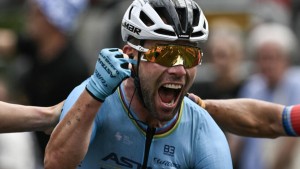
The increase in the average level of the peloton forces the retirement of some classics
The recently finished 2024 Tour de France has been the last race for some of the references of the past decade. Cyclists like Mark Cavendish or Romain Bardet see how the dictatorship of the years and the progressive increase in the average level of the peloton have been pushing them away from the fight for victory. Despite everything, drawing on the class they possess, they have always managed to continue giving us a show. Both the Frenchman and the Briton had a dream farewell from the Tour de France, each managing to win one of the coveted stages.
During the Tour de France, Romain Bardet admitted that he had trained hard to be at his best power numbers, numbers that just a few years ago made him one of the best cyclists in the world, now only allow him to be in the top 20 in races.
RECOMENDADO
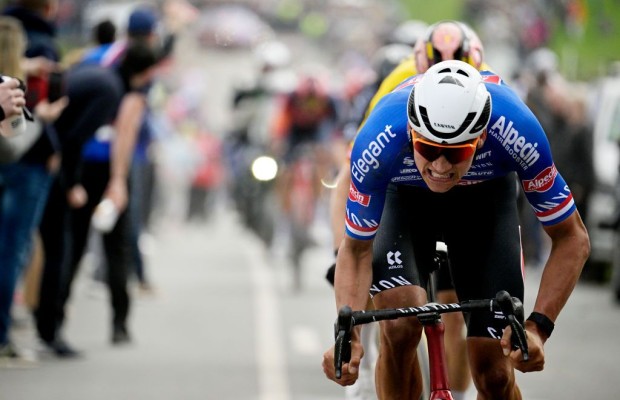
What happens if you exceed your maximum heart rate? Risks of pushing yourself to the limit
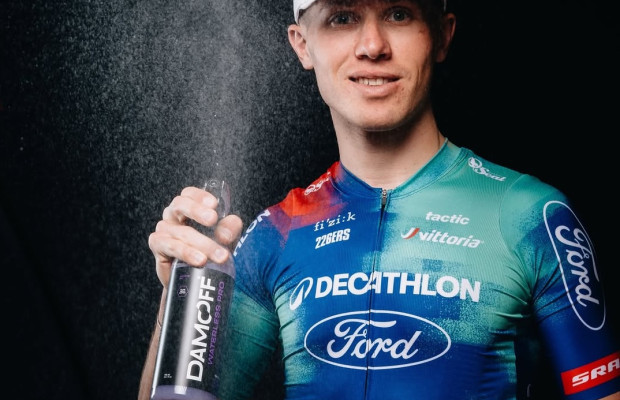
How to wash your bike at a gas station without ruining it
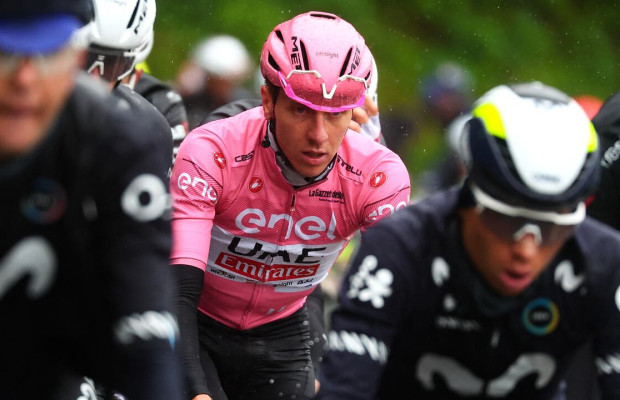
Tips for staying motivated to go out riding when cold, rain or night lurk
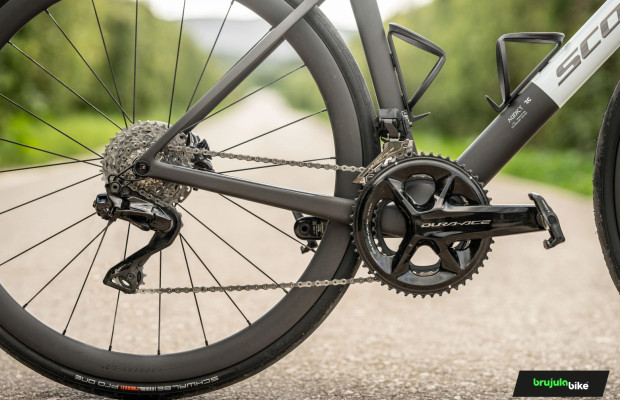
How to choose the right crankset and cassette: a guide to find the right ratio and extend the life of your bike
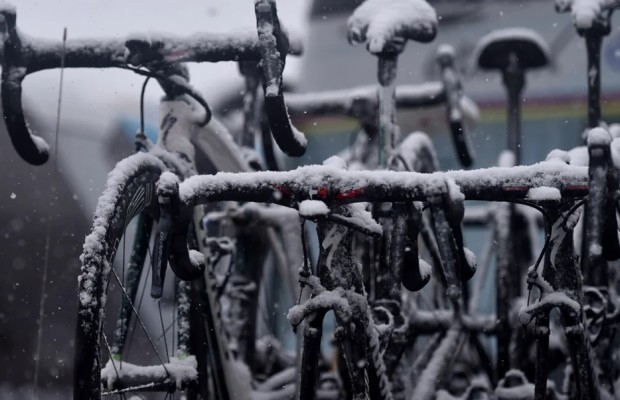
Can I go cycling with the flu or a cold?
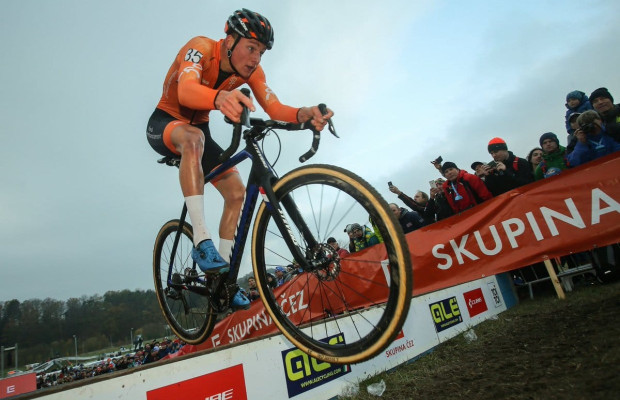
He invented the idea of jumping over the planks, which earned him a World Championship against Van der Poel
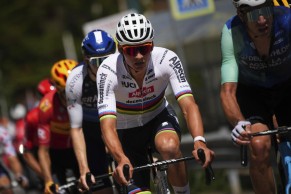
A similar sentiment was expressed not by a veteran, but by a cyclist in his prime like Mathieu van der Poel, who, despite going to the Tour de France as preparation for the Paris Olympics, already had a physical form that, for a highly competitive cyclist like him, should have led to some victories. However, throughout the first week, he didn't even make an appearance. We saw him in a breakaway and, in the final week, he did make a powerful lead-out for what would be Jasper Philipsen's third sprint victory. With some frustration, he confessed that he was putting out similar power numbers to those of the spring, but in this edition of the Tour, things were moving so fast that he couldn't do more than what he was showing.
There are many voices that, remembering the infamous decades of the 90s and 2000s, begin to think that this brutal increase in average speeds and climbing records that are being shattered may be due to the presence in the peloton of some undetectable doping substance that could be behind the performance, as happened in those years with EPO or blood transfusions.
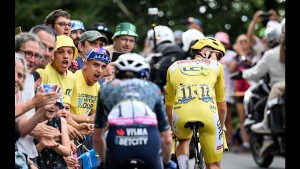
However, few of these voices take into account that more than 20 years have passed since that time. Training techniques, nutrition, bike performance, and the professionalization of teams that pamper the cyclist to the extreme and meticulously take care of each of the famous marginal gains have been decisive in making the peloton ride faster and faster.
Then there is the emergence of exceptional talents like Pogacar, Evenepoel, Vingegaard, Van der Poel, or Van Aert who have been disruptive in raising the level, causing a ripple effect in which the middle class of the peloton has had no choice but to improve in order not to be relegated to mere extras.